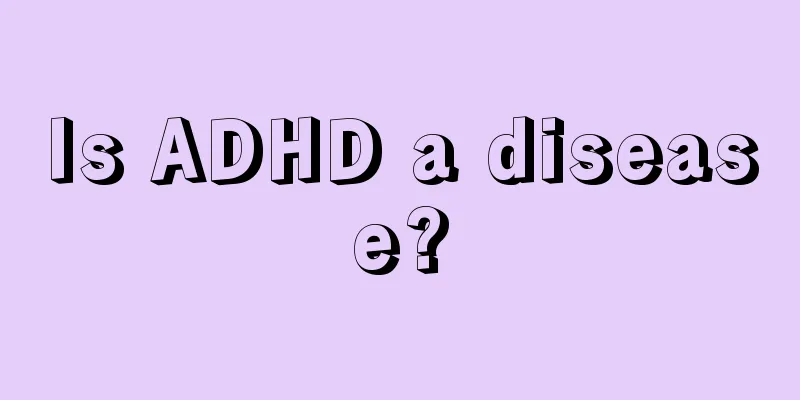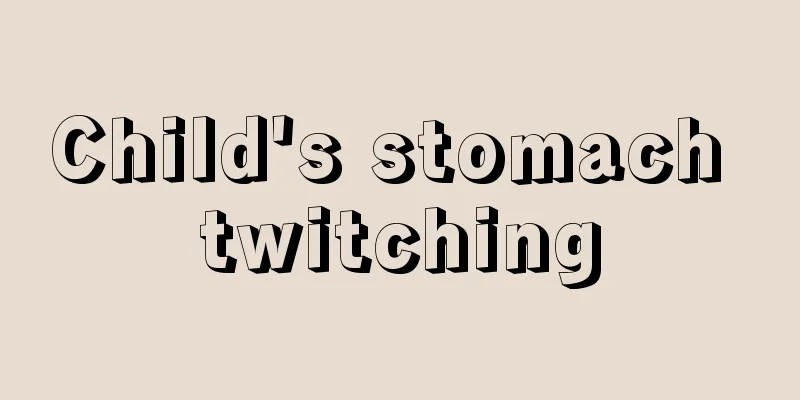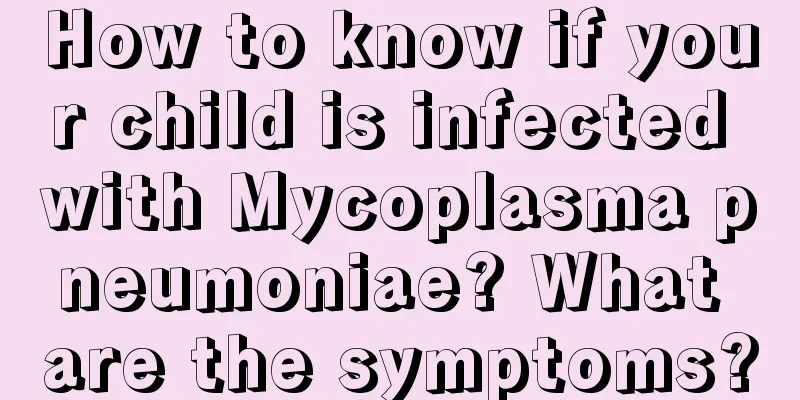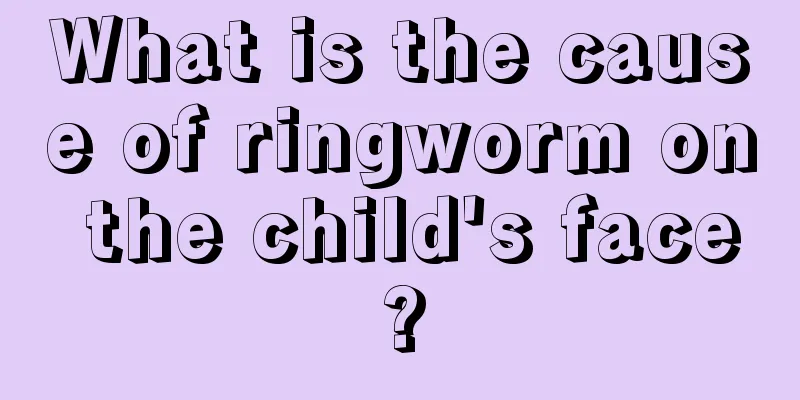Is ADHD a disease?

|
Is ADHD a disease? Many parents are puzzled by this question. Children with ADHD often show signs of an irritable personality, especially in class, where there is almost no way to calm down and sit in a chair and listen carefully for 40 minutes, and they are unable to concentrate on listening. Therefore, ADHD must be taken seriously. It is a disease that must be treated in a timely manner. Causes of ADHD in Children The cause and pathogenesis of ADHD in children are unclear. Currently, it is generally believed that it is caused by the interaction of multiple factors, which are as follows: 1. Genetics. Family studies, twin studies and foster child studies support that genetic factors are an important risk factor for ADHD in children, with an average heritability of approximately 76%. 2. Neurotransmitters. Neurobiochemical and psychopharmacological studies have found that there is an imbalance in neurochemical transmitters in the brain, such as low dopamine and norepinephrine function and decreased 5-HT function in the patient's blood and urine. 3. Neuroanatomy and neurophysiology. Structural magnetic resonance imaging (MRI) revealed abnormal development of the patient's frontal lobe and asymmetry of the rostral end of the bilateral caudate nucleus. Functional MRI also found that ADHD patients have brain function defects, such as hypofunction of the frontal lobe and abnormal activation of functions in the frontal lobe, especially the prefrontal lobe, basal ganglia, anterior cingulate cortex, cerebellum and other parts. 4. Environmental factors. Includes prenatal, perinatal and postnatal factors. Risk factors associated with pregnancy and childbirth include smoking and drinking by mothers of ADHD patients, premature birth, postpartum hypoxic-ischemic encephalopathy, and thyroid dysfunction. 5. Family and psychosocial factors. Negative factors such as parental discord, family breakdown, improper parenting methods, bad parental personalities, mothers suffering from depression, fathers with impulsive, antisocial behavior or substance addiction, family financial difficulties, crowded housing, separation from parents, abuse in childhood, and improper educational methods in school may all serve as triggers for the onset of the disease or reasons for the persistence of symptoms. |
<<: What department should I go to for ADHD?
>>: What are the drugs for treating ADHD?
Recommend
The baby didn't eat much today.
If the baby does not want to drink milk, it may b...
What to do if your 3-year-old child has toothache
Toothache is quite common among children because ...
Educational methods for children's precocious puberty
When children are growing up, parents need to pay...
What should I do if my child has acute gastroenteritis and fever?
Seasonal changes can easily cause the baby's ...
Is it good for children to eat too much honey?
Although honey has high nutritional value, it is ...
Why children still cough after recovering from cold
It is very common for children to have a cold and...
Why is the baby's neck soft?
We all know that when babies are young, mothers w...
What is the dosage of Lanqin oral solution for children?
The main medicines of Lanling Oral Liquid are Chi...
What causes my child to always retch?
Many parents will find that their children are al...
What to do if your 2-month-old baby has less sleep time
Every family hopes that their baby can grow up he...
What should I do if my child has an itchy throat and coughs?
Many people must have encountered the situation o...
How to treat ringworm in children?
A lot of bubbles suddenly appeared on the child&#...
Vomiting in a 3-year-old child
Three-year-old children's physical developmen...
What are the symptoms of Qi deficiency in children?
Children's immune system is not as strong as ...
How do you know if your baby has anemia?
Recently, many people have suffered from anemia t...









